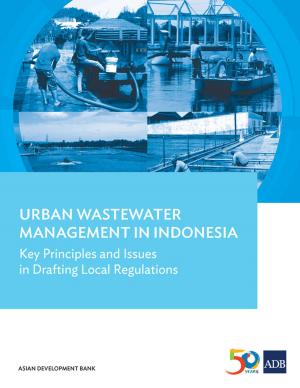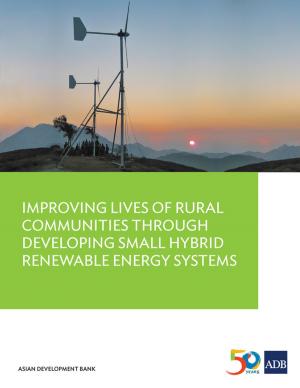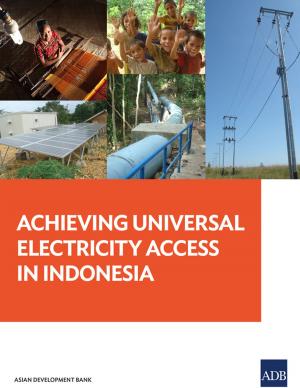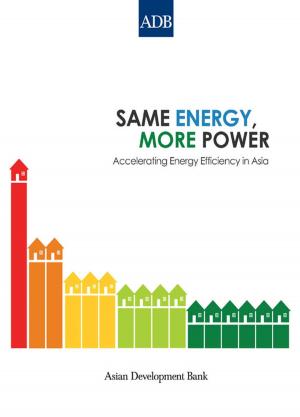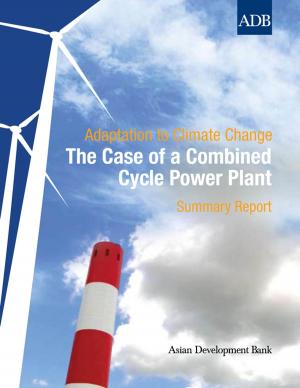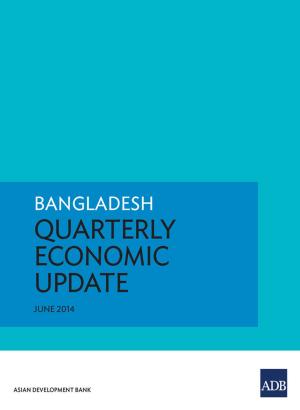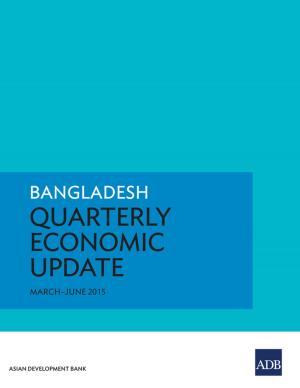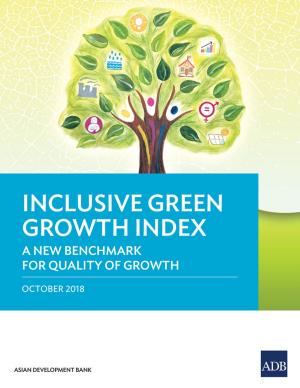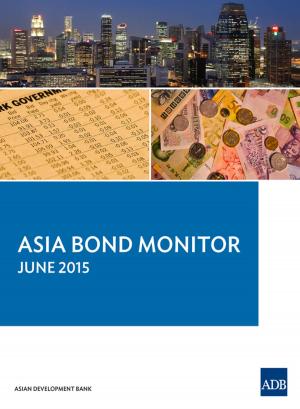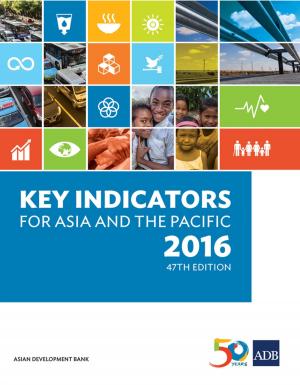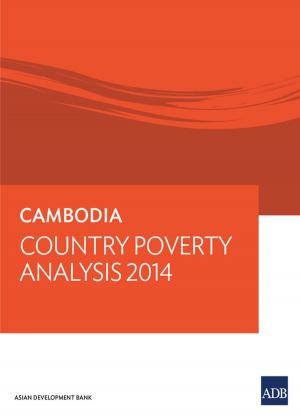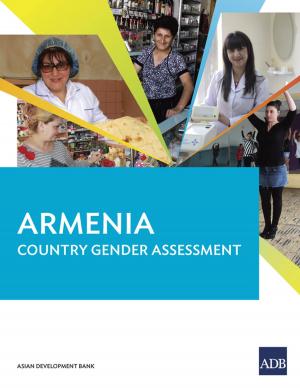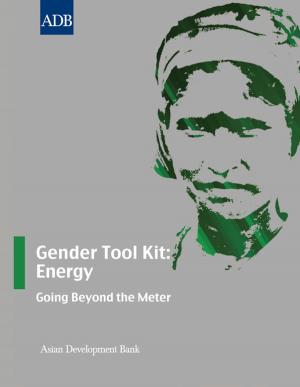Impact of Global Crisis on Migrant Workers and Families
A Survey-Based Analysis with a Gender Perspective
Business & Finance, Marketing & Sales, Commercial Policy, Business Reference| Author: | Asian Development Bank | ISBN: | 9789292540609 |
| Publisher: | Asian Development Bank | Publication: | April 1, 2013 |
| Imprint: | Asian Development Bank | Language: | English |
| Author: | Asian Development Bank |
| ISBN: | 9789292540609 |
| Publisher: | Asian Development Bank |
| Publication: | April 1, 2013 |
| Imprint: | Asian Development Bank |
| Language: | English |
This publication examines the impact of the crisis among migrant workers and their families---with gender perspective---to provide useful information for better evidence-based policy making. Based on household surveys in Indonesia and the Philippines, the results show that women are in worse condition and are more vulnerable than men. Women migrants still have lower education and skills, reflected in their inferior jobs. They face greater difficulties in reintegration when they return, forcing them to return abroad. Women also bear a heavier burden due to their gendered role in the family, and those who stay are more often unemployed or in vulnerable employment. Moreover, despite strong views that the man should be the breadwinner and the one going abroad, the increasing feminization of current migration indicates that necessity is a strong push factor forcing more women to go abroad. These findings further strengthen the call for considering gender in migration policies.
This publication examines the impact of the crisis among migrant workers and their families---with gender perspective---to provide useful information for better evidence-based policy making. Based on household surveys in Indonesia and the Philippines, the results show that women are in worse condition and are more vulnerable than men. Women migrants still have lower education and skills, reflected in their inferior jobs. They face greater difficulties in reintegration when they return, forcing them to return abroad. Women also bear a heavier burden due to their gendered role in the family, and those who stay are more often unemployed or in vulnerable employment. Moreover, despite strong views that the man should be the breadwinner and the one going abroad, the increasing feminization of current migration indicates that necessity is a strong push factor forcing more women to go abroad. These findings further strengthen the call for considering gender in migration policies.

